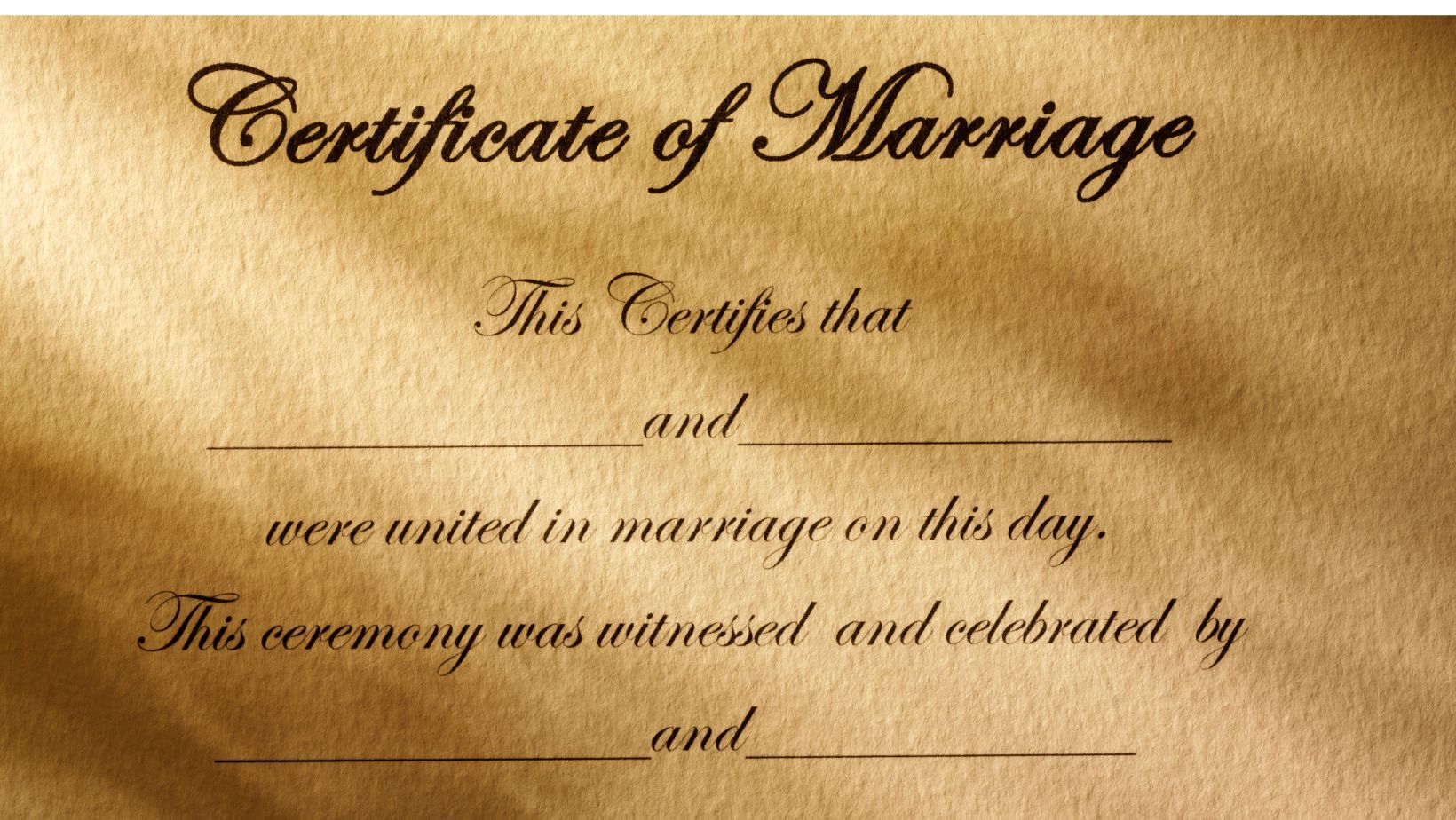Changing your last name after marriage can feel like diving into a pool of paperwork, fees, and unexpected surprises. It’s a rite of passage that often comes with a hefty price tag, making you wonder if you’re buying a new identity or just a fancy new signature. While love may be free, the process of rebranding yourself isn’t always a bargain.
From court fees to new documents, the costs can add up faster than you can say “I do.” But don’t worry; navigating this maze doesn’t have to be a headache. With the right information, you can tackle the financial side of this transition like a pro. So, let’s break down the costs and help you get that shiny new name without breaking the bank. After all, who knew love could come with so many hidden expenses?
How Much Does It Cost To Change Your Last Name After Marriage
Changing a last name after marriage involves navigating several steps. This process includes various legal requirements and associated costs.
The name change process varies by state. First, individuals must complete a marriage certificate, which serves as a legal document. After obtaining this, they can start updating personal records. Obtaining a new Social Security card requires submitting the marriage certificate and a form. Updating the driver’s license follows next, often necessitating an application fee. Different states impose unique fees, prompting individuals to check local regulations. Finally, moving forward to update bank accounts and other legal documents also involves presenting the marriage certificate. Each step can incur minor fees, which can add up during the name change journey.
Common Reasons for Changing Last Name
Several motivations often encourage a name change after marriage. Embracing a shared identity strengthens the marital bond. Some individuals prefer their spouse’s last name for personal significance. Others seek to avoid complications in family dealings, especially if there are children involved. Keeping in line with traditions also plays a role, as many cultures expect newlyweds to adopt their partner’s surname. Additionally, personal preference drives some individuals to seek a name that resonates more deeply with their identity. Each reason holds its own importance based on individual circumstances and desires.
Cost Breakdown of Changing Your Last Name
 Changing your last name involves various costs that add up quickly. Understanding these expenses can simplify financial planning.
Changing your last name involves various costs that add up quickly. Understanding these expenses can simplify financial planning.
Filing Fees and Application Costs
Filing fees vary significantly across states. Most marriage certificates incur a fee ranging from $10 to $50. Obtaining a new Social Security card typically costs no more than $0 to $20, depending on the state’s requirements. Updating a driver’s license demands fees that commonly range from $10 to $50. Always check local regulations as costs fluctuate based on jurisdiction. These fees can accumulate, ultimately impacting the overall expense.
Additional Expenses to Consider
Consider other potential costs incurred during this process. Legal fees may arise if someone opts for attorney assistance, averaging around $200 to $500. Purchasing new identification documents often entails additional costs, with passport updates costing approximately $110. If it involves name changes on credit cards or bank accounts, financial institutions may charge fees as high as $50. Each of these factors contributes to the total cost of changing a last name after marriage.
Factors Affecting the Cost
 Several factors influence the overall cost of changing a last name after marriage. Understanding these elements can help individuals budget appropriately.
Several factors influence the overall cost of changing a last name after marriage. Understanding these elements can help individuals budget appropriately.
Geographic Location
Geographic location significantly impacts the fees associated with name changes. Filing fees for marriage certificates vary by state, generally ranging from $10 to $50. Some states charge more for expedited services. Local court fees, along with additional documentation requirements, can differ widely between jurisdictions. Notably, updating a driver’s license might incur varying costs based on state regulations, with typical fees falling between $10 to $50. Regional differences in the processes and requirements can add to the complexity, influencing total expenses.
Complexity of the Name Change
Complexity plays an essential role in determining expenses for name changes. A straightforward name change, such as adopting a spouse’s surname, typically incurs fewer costs than a multi-part name alteration. Individuals opting to modify or hyphenate their names may face additional paperwork and fees. Legal assistance may become necessary, which can average $200 to $500. Passport updates, essential for international travel, generally cost around $110. The more intricate the name change, the more varied the fees and processes involved, increasing the overall financial burden.
Tips for Minimizing Costs
Changing a last name after marriage can incur various expenses, but several strategies help reduce these costs.
Researching State-Specific Requirements
Understanding specific requirements for each state can significantly lower expenses. Filing fees for marriage certificates vary from $10 to $50, so checking local regulations helps avoid overcharges. Different states also have unique processes for name changes that may require less costly alternatives. Reviewing these requirements can save time and money, preventing unnecessary legal fees for unclear paperwork. Gathering information early minimizes the risk of unexpected expenses later.
Taking advantage of online resources streamlines the name change process and reduces costs. Websites focused on government and legal documentation provide helpful templates and detailed instructions. Free online guides often explain state-by-state processes, eliminating the need for costly consultations with attorneys. Accessing forums and community blogs allows sharing of experiences, uncovering cost-saving tips. Using these resources effectively empowers individuals to navigate the name change journey with confidence and minimal expenditure.
Changing a last name after marriage can be a complex journey filled with both emotional significance and financial considerations. Understanding the various costs involved helps individuals prepare for this transition without feeling overwhelmed. By approaching the process with clear knowledge and careful planning, it’s possible to navigate the necessary steps efficiently.
Utilizing available resources and staying informed about state-specific requirements can lead to significant savings. Ultimately, embracing this change can symbolize a new chapter in life while managing the associated costs effectively.




